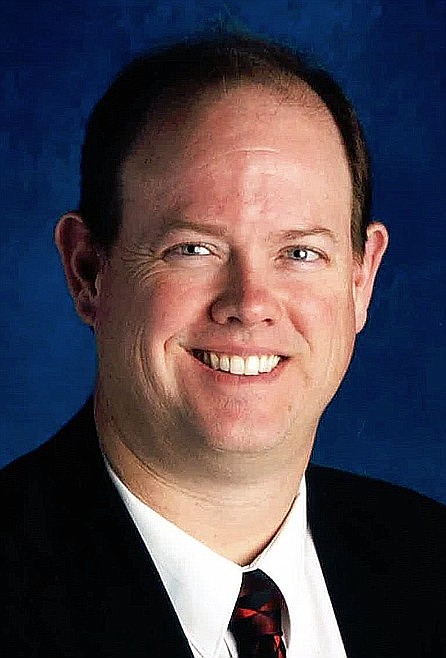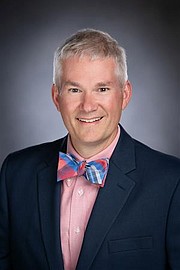Levy elections loom large in Cd'A
Imagine no football at Coeur d'Alene High School.
No pep band at Lake City High School.
No music or arts programming at Woodland, Canfield or Lakes middle schools. No developmental preschool to prepare little ones for elementary school.
All of this and more could go away if people in the Coeur d'Alene School District do not vote in favor of the supplemental school levy that will be on the ballot March 14.
Levy dollars fund athletics, clubs, school facilities and developmental preschool, none of which are supported by state dollars. The levy partially funds core instruction, kindergarten, technology, school maintenance and transportation.
The uncertainty surrounding this levy election is troubling to Coeur d'Alene Superintendent Shon Hocker.
"We have a group out there that is anti-anything,” Hocker said this week. "The other people are just not engaging. I’m concerned, come March 14 on vote day, are we going to get the 5,000 no votes? Absolutely. But are we going to get the 6,000 yeses? I don’t know. That’s the magic question."
The district is asking voters to support a $25 million annual indefinite-term supplemental levy to replace the one approved in 2021, which expires June 30. If this supplemental levy is approved, the cost to property owners would be $.96 per $1,000 of taxable assessed property value. It needs a simple majority, or more than 50% of voter approval, to pass.
The district is also seeking voter approval of a $5 million-per-year five-year safety and maintenance levy to pay for deferred maintenance and school site improvements, such as heating and air conditioning units, roof repair, plumbing and more. This levy needs at least 55% of voter approval to pass.
If both levies pass, the tax rate would increase to $1.33 per $1,000 of taxable assessed value, which is still less than it was last year. The tax rate was $1.56 per $1,000 in 2022.
“From a levy rate perspective, you don’t get much lower than where we’re at, in the entire state,” Hocker said. "For anybody to say our school taxes are out of control and we’re over spending, that is far from the case."
Deputy Superintendent Mike Nelson said people need to know that Idaho is just not well funded, by default.
“The reason that levies exist today is that they purposefully underfund school districts to allow local communities to say, ‘What do you want your schools to look like?’” he said.
Funds from the supplemental levy cover about a quarter of the district's operating budget. Voters have approved it for 18 consecutive cycles since 1986.
However, over the past three years, approval rates have dropped about 10% with each election.
"We went from 79% to 69% to 59% last time," Hocker said. "Our community just needs to be aware of the realities. That’s the educational piece. I don’t think they understand the impact of gutting our school system, like failure of this levy would do, is huge. I just don’t think a lot of folks in town understand that, because it hasn’t ever really happened.
"I think they are just like, ‘Whatever, it’s going to be another done deal,’ and it's not. It’s not anywhere there."
Those who are in opposition of this levy because they feel the school district lacks financial transparency need only visit cdaschools.org to view financial records, transactions, budgets, audits, salary reports and more. This information has to be disclosed, per Idaho statutes 33-320 and 33-357. All the contracts, every check that’s written, “it’s all there,” Nelson said.
“We’re super transparent,” Hocker said. "That’s a mission of ours anyway. Our board would expect nothing less, and the board is elected by our local community."
Kids are the future, Hocker said.
"If you shortchange that, you're shortchanging your own future," he said. "We're in a new era of time."
He said the workforce is losing more workers than it's gaining, and that economists forecast at least a couple decades before things turn around.
"If we don't take care of our future — which is our replacements, which is our livelihoods, it's the workers in our towns to provide at the restaurants and the gas stations and everywhere else — if we don't have a vibrant school system to help contribute to that, it's going to change Coeur d'Alene drastically," Hocker said.
"We are all in this room today because of public education," Nelson said. "We had the opportunity. Somebody invested in us to allow us to become educated and leaders in this community. That's what we're trying to do."
He said the value of having a literate, understanding, contributing society here is what keeps attracting people to Coeur d'Alene.
"Public education is a service, it is a rite of our passage to grow up, to receive schooling, however that ends up being, and ultimately be prepared for whatever's next," Nelson said. "The levy represents the values of this community."



